Slovakia’s parliament has passed a controversial law that would require hospitals to grant access to clergy of all religions – even outside normal visiting hours. The measure, if signed by President Peter Pellegrini, would take effect on 1 July.
While the government says the law strengthens patients’ rights to spiritual care, critics argue it could open the door to religious interference without proper consent, especially for vulnerable patients.
The change was quietly added as an attachment to a separate education law, bypassing debate in parliamentary committees. “This is a sad reflection of how the ruling coalition treats legislative changes,” said opposition MP Peter Stachura of the Christian Democrats. Liberal MP Jana Bittó Cigániková of Freedom and Solidarity (SaS) raised deeper concerns, warning that the new rules might allow clergy to visit patients who did not ask for them, potentially pressuring women over abortion decisions or appearing on children’s wards.
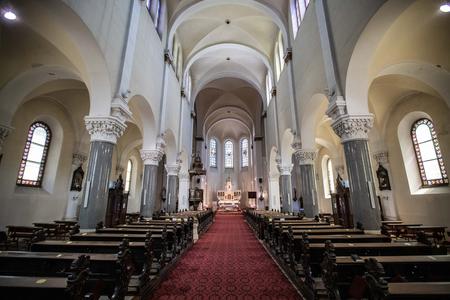
Health Minister Kamil Šaško of the centre-left Hlas party hit back sharply at those claims. “What she’s doing is, in my view, unbelievable,” he said, criticising KDH for not distancing itself more strongly from Bittó Cigániková’s statements. Šaško emphasised that the right to spiritual care has been in Slovak law since 1991, but hospitals had no legal obligation to facilitate it. “Now, we’re just making sure that a patient in pain doesn’t have to wait for visiting hours to access spiritual support,” he explained.
Šaško said the ministry had signed a memorandum in April with representatives of both public and private hospitals, as well as all recognised religious groups, to ensure that spiritual care would not be treated as just a casual visit. “If some politicians insist on creating a problem where there isn’t one, we will issue clear guidance,” he said, adding that patients can decline a visit at any time – even after requesting one.
The minister also dismissed claims that clergy could appear in children’s wards without consent. “Access to a child is only possible with the approval of their legal guardian,” he said.
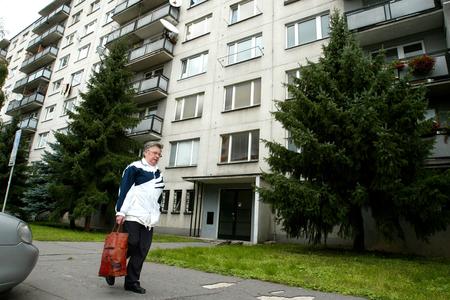
The Catholic Church, which supports the law, said its priests never visit patients without permission. Church representatives also pushed back against suggestions that clergy might mishandle private medical information or act unprofessionally, noting that spiritual care providers must complete medical training courses accredited by a Slovak university.
Still, the controversy intensified after Bittó Cigániková posted an AI-generated image depicting a Muslim cleric approaching the hospital bed of Christian MP Anna Záborská. The Islamic Foundation in Slovakia condemned the image as Islamophobic, saying it misused religious symbols for political gain.
The law also introduces fines of up to €500 for hospitals that refuse access to clergy – a provision the Health Ministry has yet to fully explain.
With 18 state-recognised religious groups in Slovakia, but no formal recognition of Islam, questions remain about how the new law will be applied – and whether faith in the hospital will always remain a matter of choice.


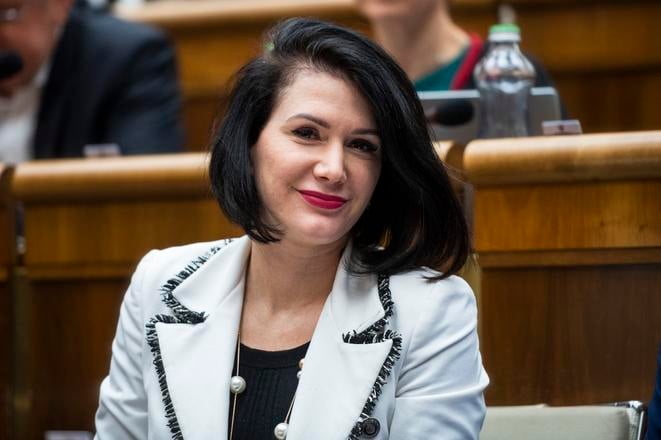 Liberal Jana Bittó Cigániková (SaS) (source: TASR - Jaroslav Novák)
Liberal Jana Bittó Cigániková (SaS) (source: TASR - Jaroslav Novák)
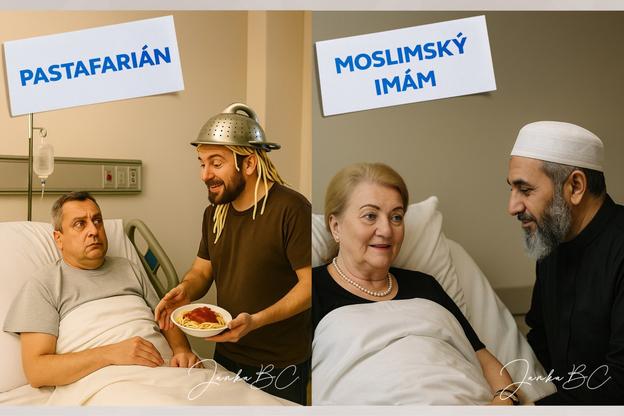 AI images posted on social media by MP Jana Bittó Cigániková (source: Jana Bittó Cigániková)
AI images posted on social media by MP Jana Bittó Cigániková (source: Jana Bittó Cigániková)
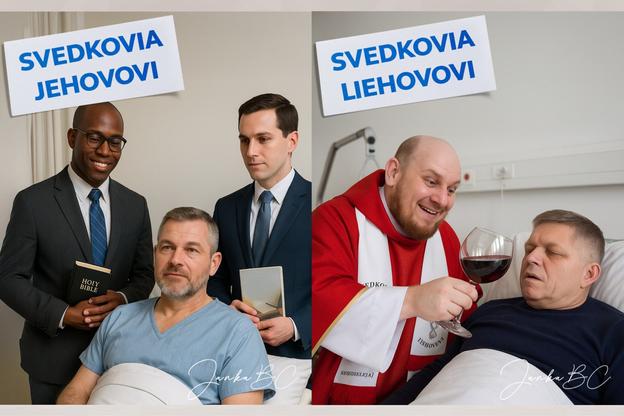 AI images posted on social media by SaS MP Jana Bittó Cigániková (source: Jana Bittó Cigániková)
AI images posted on social media by SaS MP Jana Bittó Cigániková (source: Jana Bittó Cigániková)
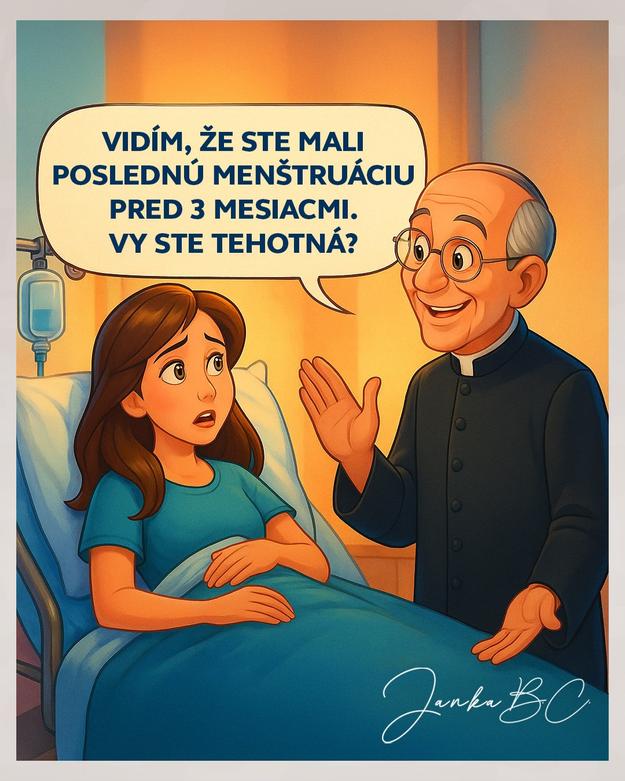 "I see you had your last period three months ago? Are you pregnant?" - an AI-generated image posted on social media by MP Jana Bittó Cigániková. (source: Jana Bittó Cigániková)
"I see you had your last period three months ago? Are you pregnant?" - an AI-generated image posted on social media by MP Jana Bittó Cigániková. (source: Jana Bittó Cigániková)